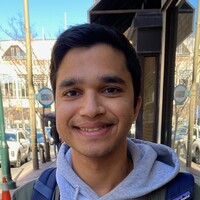Structural classification of peptide/HLA complexes
The class I major histocompatibility complex (MHC-I) protein presents self, foreign, or mutated peptides to provide a mechanism of surveillance via CD8+ cytotoxic T cell lymphocytes. The human version of MHC-I, Human Leukocyte Antigen class I (HLA-I), is encoded by the highly polymorphic HLA gene locus. Critically, despite the large sequence variation between HLA alleles, the general structure of all peptide/HLA-I (pHLA) complexes is conserved. Following the first crystallographic structure determination of a pHLA complex and subsequent successful structure determination attempts, we now have access to a substantial dataset of reliable structures. Thus, in silico modeling of pHLA complexes with atomic-level accuracy has been pursued with varying degrees of success. While these methods have generally been able to accurately model the HLA groove and N- and C-termini of the peptide, they often miss critical details in the middle of the peptide. Here, we define an internal coordinate-based system using the peptide anchor residues as a fixed frame and compare peptide backbones via dihedral angles. We show that backbone conformations are conserved across distinct allotypes. We provide a complete, succinct description of the conformational space using 35 representative structures. Further, we describe the peptide conformational landscape as a set of discrete “valleys” which can influence the set of allowed peptide sequences due to interactions with HLA residues. By understanding the factors which give rise to distinct peptide backbones, our analysis suggests a path towards developing accurate pHLA modeling schemes.

Comments